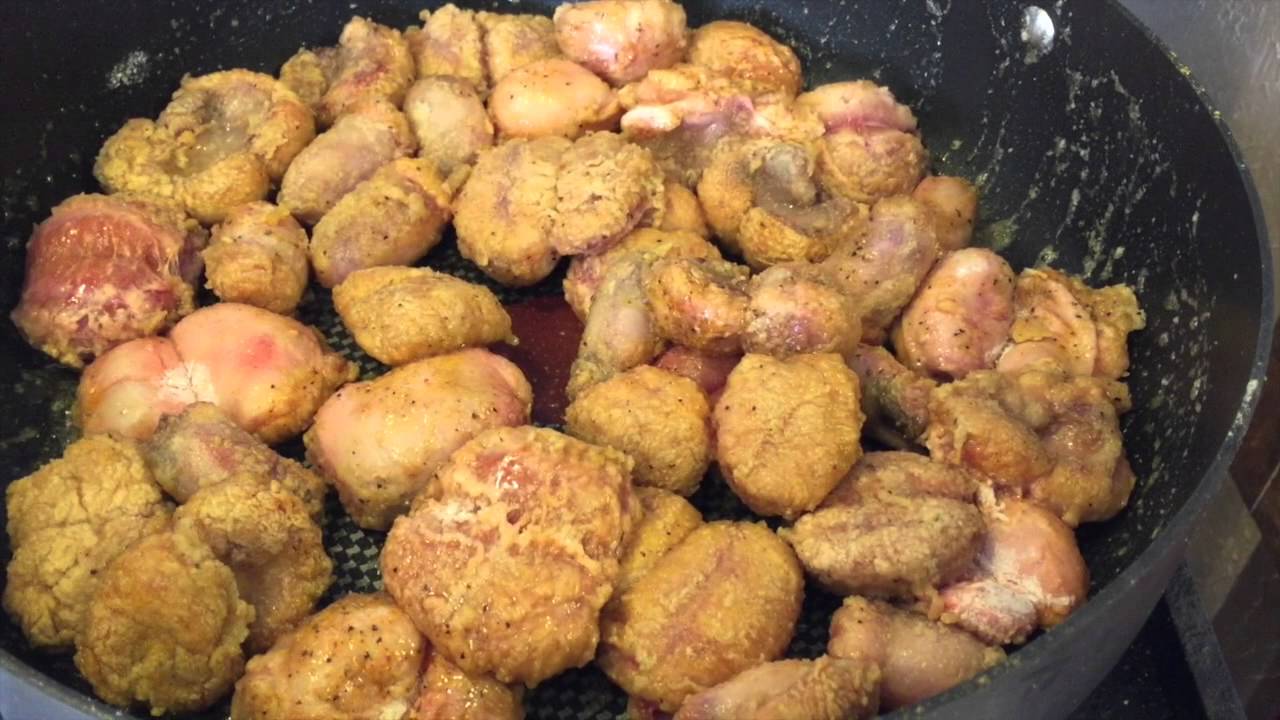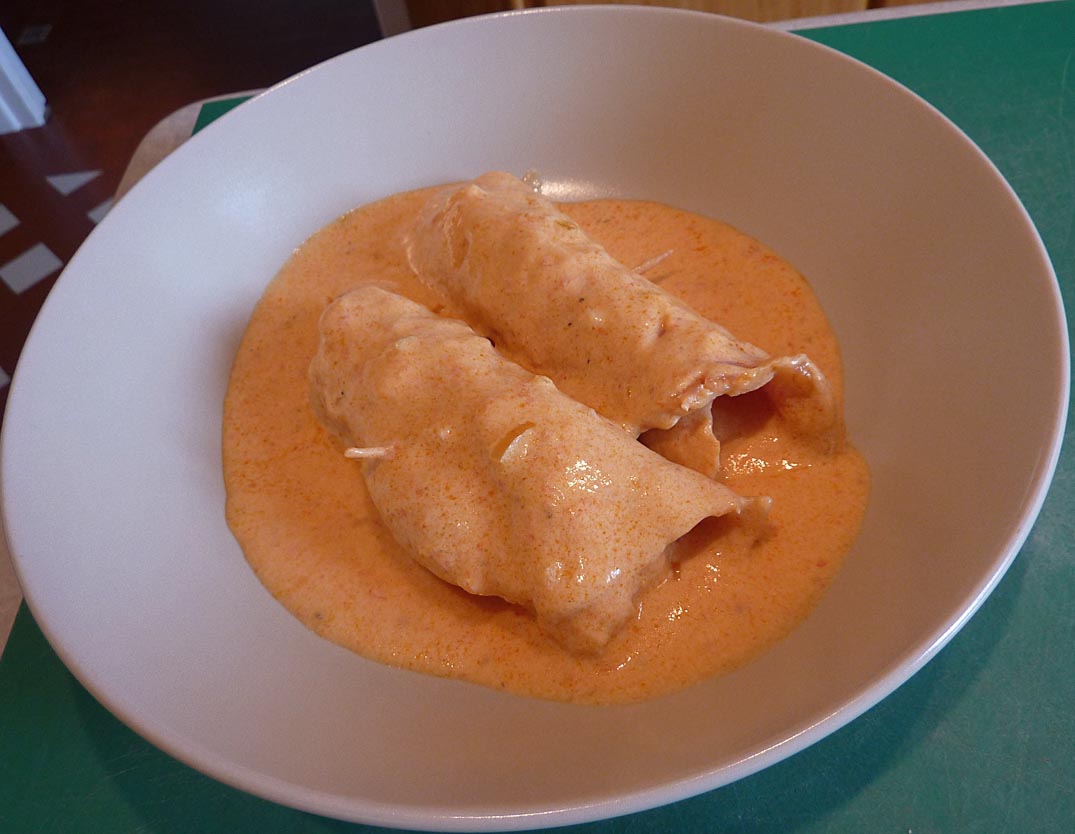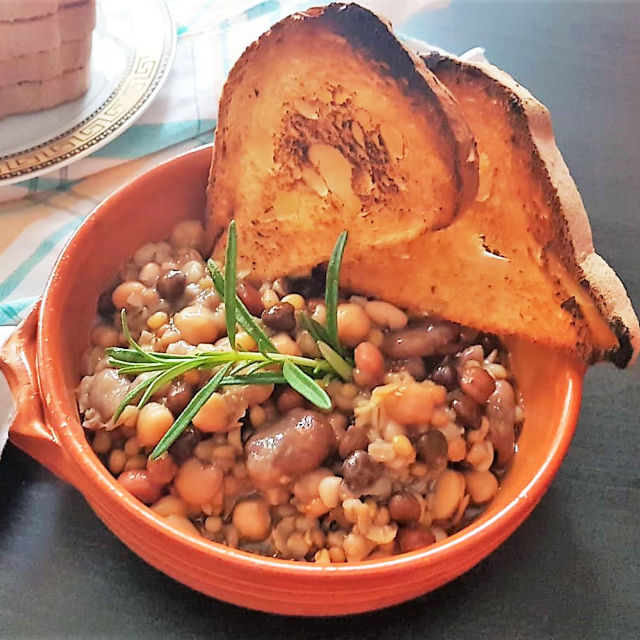Rocky Mountain oysters is a dish made of bull, pig or sheep testicles.
They are also known as prairie oysters, Montana tendergroins, cowboy caviar, swinging beef, and calf fries – are true Western delicacies. They are that part of the bull that is removed in his youth so that he may thereby be more tractable, grow meatier, and behave less masculine. When the calves are branded, the testicles are cut off and thrown in a bucket of water. They are then peeled, washed, rolled in flour and pepper, and fried in a pan.
They are considered to be quite a delicacy. Like other organ meats, testicles may be cooked in a variety of ways – deep-fried whole, cut into broad, thin slices, or marinated. At roundups in the old West, cowboys and ranch hands tossed the meat on a hot iron stove. Eating animal genitalia dates back to ancient Roman times, when it was believed that eating a healthy animal’s organ might correct some ailment in the corresponding human organ of the male person eating it. Because of this belief, the practice continues to the present day, especially in Asia, where animal genitalia are considered an aphrodisiac.
This delicacy is most often served as an appetizer with a cocktail sauce dip.
It is a well-known novelty dish in parts of the American West and Western Canada where cattle ranching is prevalent and castration of young animals is common ("prairie oysters" is the preferred name in Canada, where they may be served in a demi-glace, not deep-fried). In Oklahoma and North Texas, they are sometimes called calf fries but only if taken from very young animals.
In Spain, Argentina and many parts of Mexico they are referred to as "criadillas," and they are colloquially referred to as huevos de toro (literally, "bull’s eggs"; huevos is a Spanish slang term for testicles) in Central and South America.
Rocky Mountain oysters are sometimes confused with lamb fries or animelles (lamb testicles), which are served in a manner similar to Rocky Mountain oysters.













